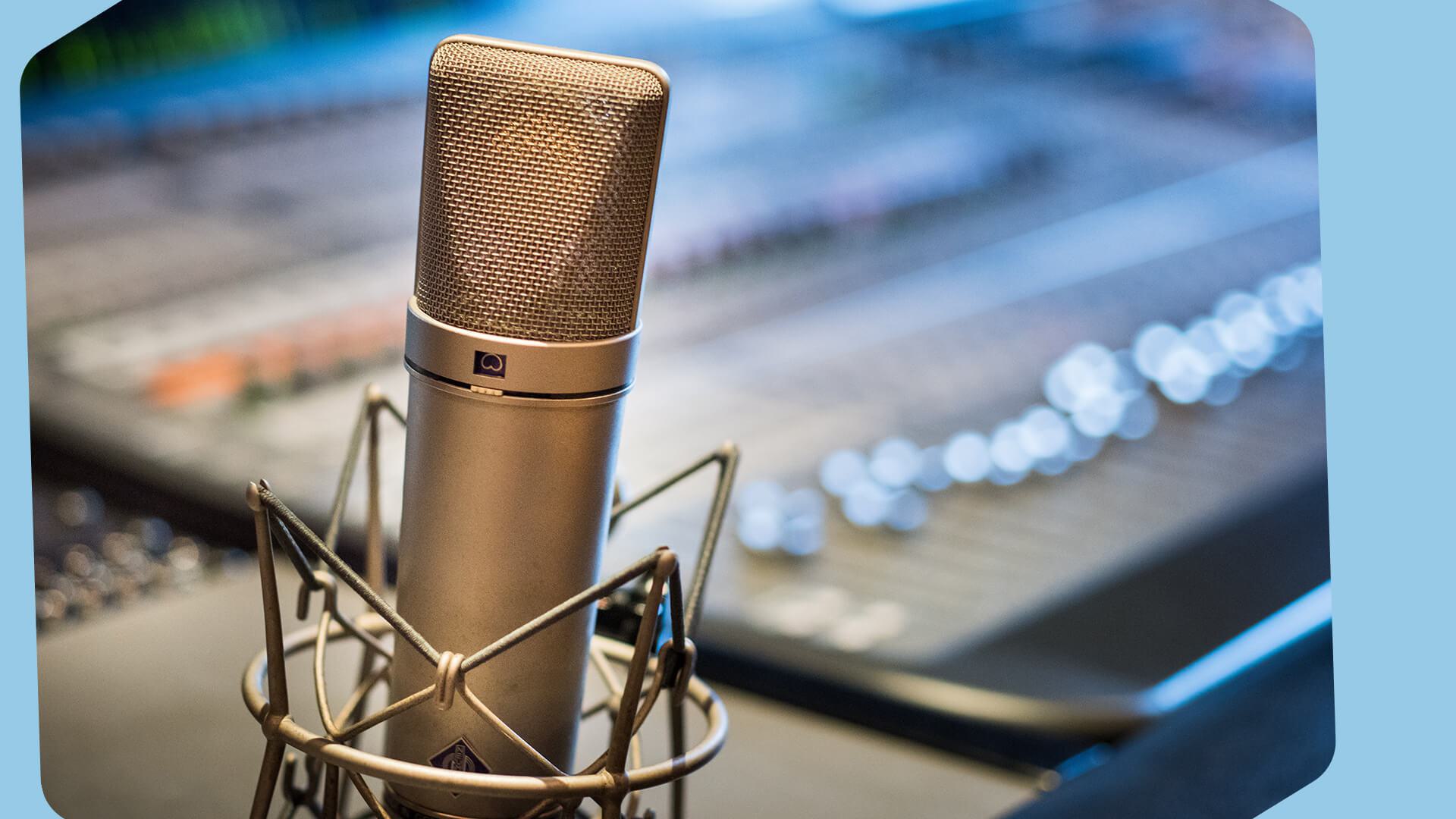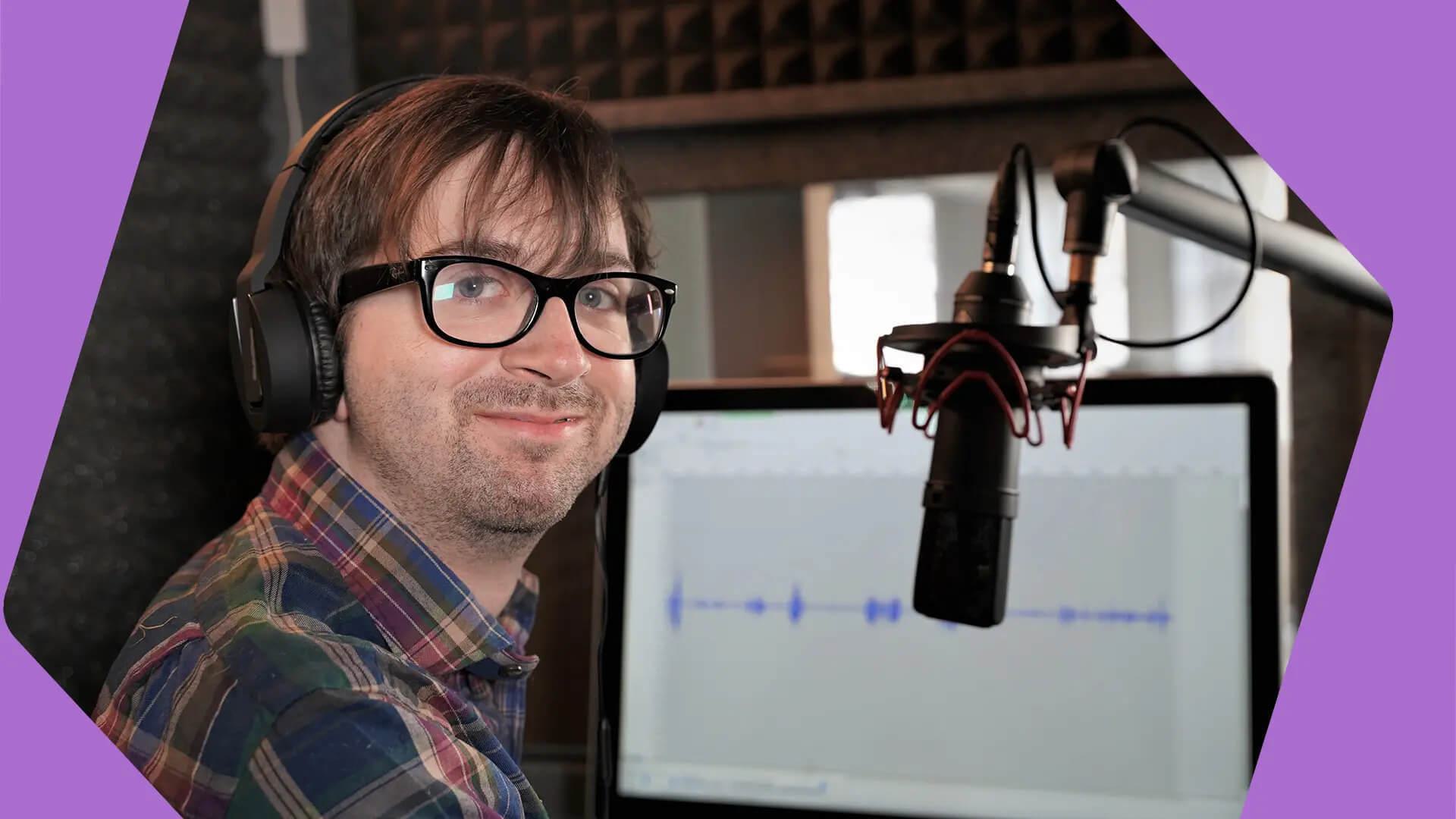Need advice? Let's talk.
Get straightforward guidance from your broadcasting partner. Schedule a call to chat with the team about your radio station.
Book Demo20 Radio Industry Secrets DJs Will Never Tell You
Get the lowdown on the side of radio you’ve never seen before. Uncover 20 radio industry secrets DJs will never tell you.
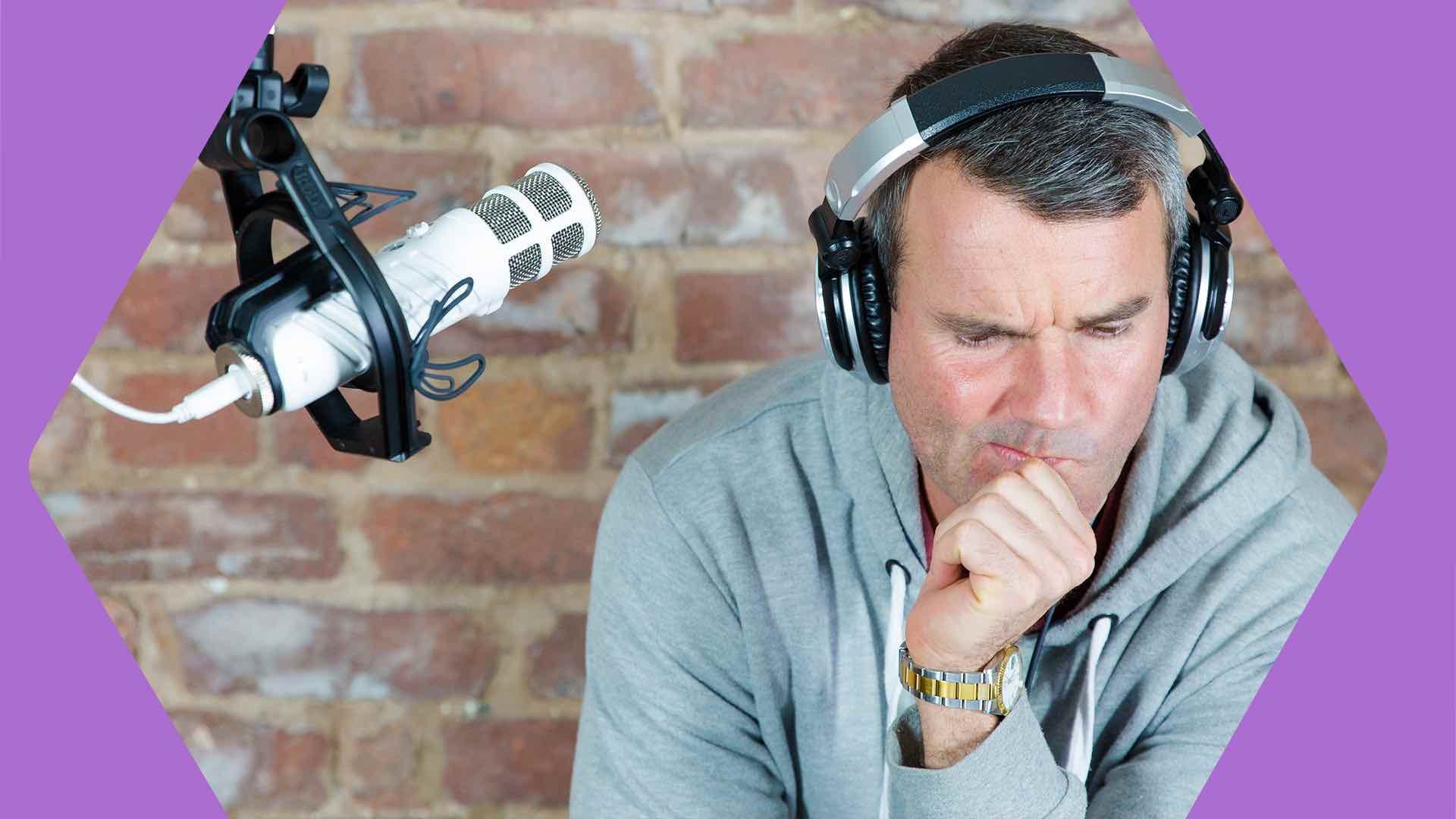
20 Radio Secrets (That DJs Won't Reveal)
From the outside looking in, it can be difficult to see the work, effort and determination that goes into a smooth broadcast. Radio isn’t all chatting with superstars, hilarious callers and playing your favourite songs. There’s more to it than what you hear on air.
Peek behind the curtain with 20 radio industry secrets DJs will never tell you.
20. Equip Yourself With a Comfy Chair
Imagine you get up at 4 am. You barely have the energy to drag yourself to work on time, only to be faced with being energetic and friendly for 3 hours on a lumpy stool that hasn’t been replaced since 1996. Don’t want this to be you? Invest in a comfy chair.
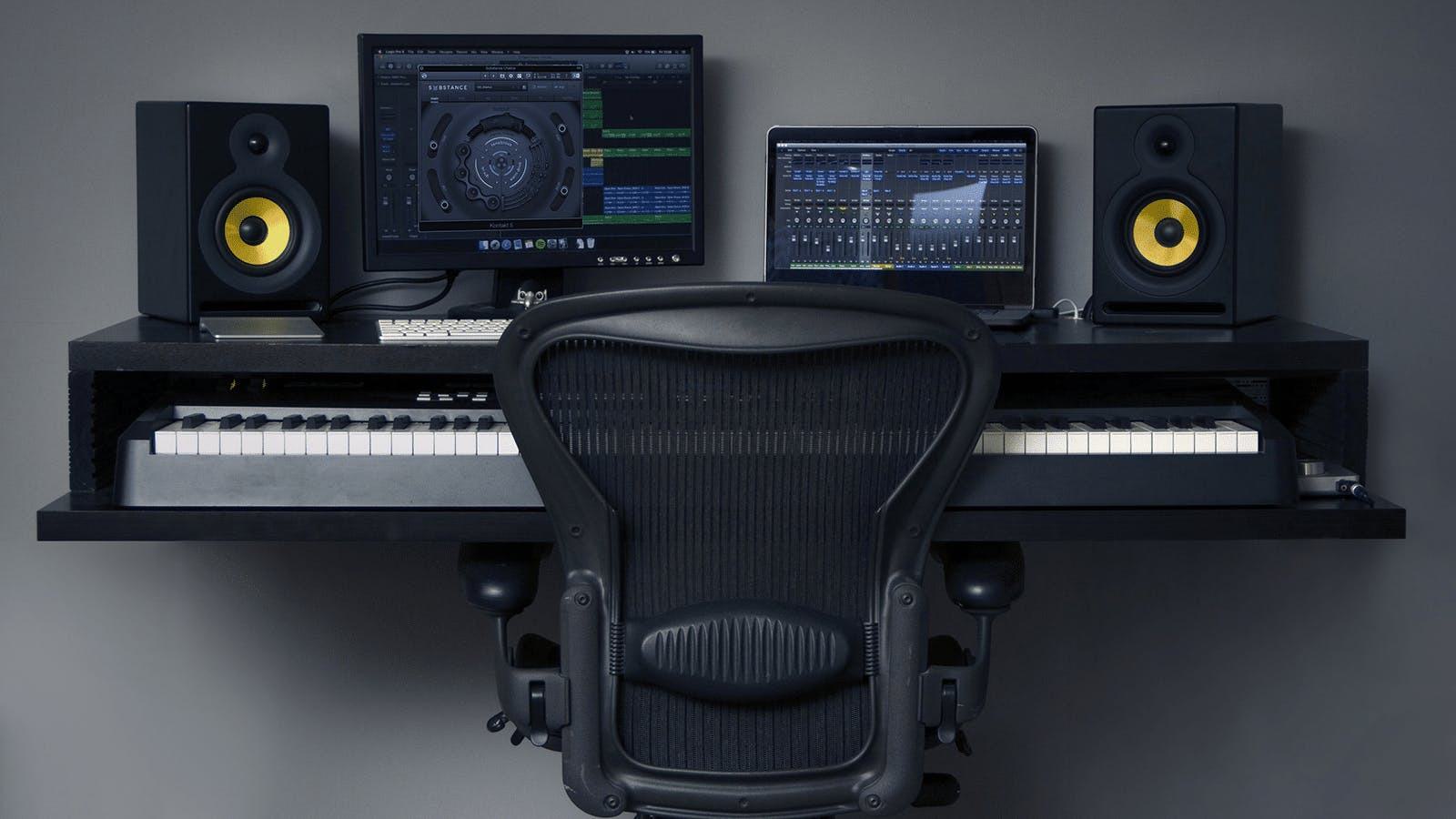
On a typical day in the studio, you’re going to be sat down for hours on end, so make sure your chair won’t leave you numb or achy.
Sometimes radio presenters stand up. This can actually be better as it keeps you more alert and opens up your diaphragm when you talk. Radio One even have height-adjustable desks to allow for this *although most DJs still choose to sit.
19. Station Gossip Matters
Like every other office-style environment, there’s gossip. And Candice on reception knows it all. People are working in close quarters together for long hours so don’t be surprised if cliques form. Get to know what really goes on by hanging around the water cooler or just making general chit chat.
18. Pay Attention (Because Others Will)
Sometimes presenting can feel like talking to yourself. All alone on the midnight show, in a dark, empty studio, you may feel a little crazy. Don’t start to ramble away like you’re unloading into a mirror, learn to reign it in if you start to go overboard.
And maybe bring something to occupy yourself with if you feel your thoughts getting away from you between links.
17. Radio is Really Competitive
You have to work incredibly hard to get to a good position in the radio industry. And then you have to work even harder to keep that position. Healthy competition between professionals can be stressful but helps push everyone to be the best they can.
16. Red Tape is Everywhere
There are guidelines and regulations for everything. Yes, everything. Being a radio presenter doesn’t give you license to say whatever you want on air, but you can still get away with a lot if you know-how.
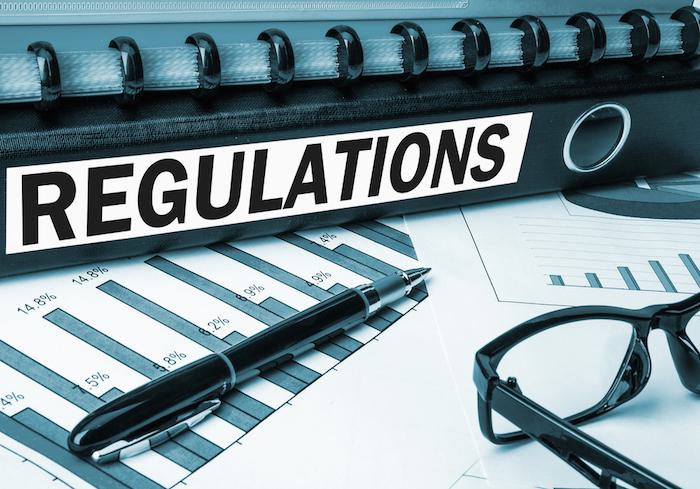
In the USA there’s the FCC, an organisation that regulates radio stations and fines them for infractions. Some of those regulations include lists of words divided by how offensive or inappropriate they are, and repeating them on air can result in hefty fines. Work within the rules, but learn what you can get away with so you’re not restricted by them.
15. Nobody Likes a DJ Diva
It’s better to be good to work with than being the best at your job. This applies to almost every industry, but radio especially. Even if you’re the patron saint of radio presenters, being a diva, drama queen, or just too much trouble to work with means being replaced by someone who isn’t. So play nice.
14. You Can’t Rely on Producers for Everything
You can’t succeed purely because of quick wit behind the microphone. You need to be able to operate the studio yourself. You already talk the talk, now walk the walk.
Chances are you’ll be relying on a lot of technical equipment when you’re presenting to make sure your show goes smoothly. Sometimes the studio engineer is on holiday or ill. Other times you're doing the night show by yourself. Even if you’re in a studio where people pick up all the technical slack for you, you’ll eventually need to turn the dials yourself.
13. Disaster Strikes More Often Than You’d Think
Leaning too far back on your chair and falling over right before a song ends is a startlingly regular occurrence. It’s good presenting skills and rolling with accidents that sets you apart from other presenters, who might let problems drag them down.
12. Every Station Uses Different Software
Every station is run by different people with their own tastes and preferences, so they all end up using different software.
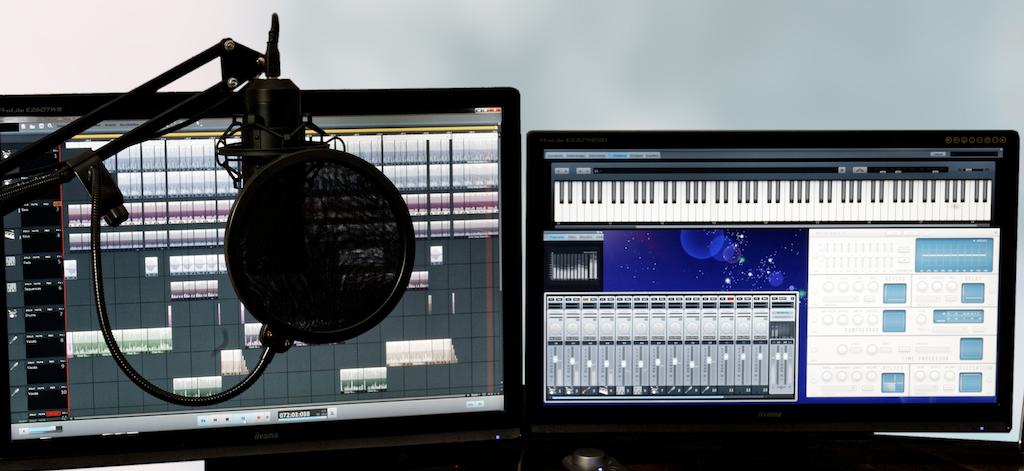
If you plan on moving between stations a lot be prepared to have to adjust your skillset and learn new systems.
11. DJs Must Follow Broadcast Guidelines
Most station's have broadcast guides/style guides they get DJs to follow. Rules will be very specific to that station's style. Some will say ‘don't jingle into an ad break only jingle out of it’, ‘you should talk after x amount of songs’.
This might sound restrictive. It can be. But it gives your station a more identity, consistency and ensures shows don’t turn into DJ’s waffling about whatever they want. Tailor guidelines to your station.
10. Some Shows Aren’t Actually Live
We all wish our shows could be live every time. But if you’ve tried to balance a busy schedule with normal life, you know that’s almost impossible. It can be the same with corporate stations too.
Sometimes DJs aren’t available, or they record their shows in a completely different state or country, or a station is just broadcasting a syndicated show. No matter the circumstances, pre-recorded shows need planning so they don’t sound like they’ve been stitched together.
9. Songs Need to Fit the Station's Music Policy
You may have called into a radio station before to request Belinda Carlisle 12 times. But if it doesn’t fit in with the music policy, it won’t ever get played. Even if you have heard your song a few minutes later, you may not have much to do with it.
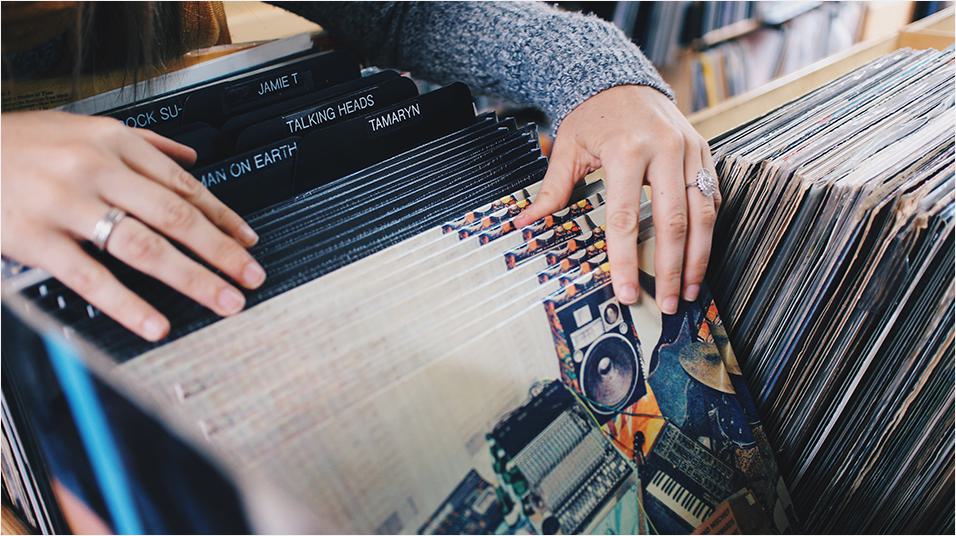
Because of the prevalence of pre-recorded broadcasts, if your request got played, they were probably going to play it anyway. Or, you asked for death metal on Smooth Radio.
8. Guests Need to Give Consent
'To catch a cheater' style shows are great. But regulations control what can be said on air and you legally need consent from someone to broadcast them live. Meaning you can’t just call someone up and get them to air all their dirty laundry live without their permission.
Not all of these shows are fake, but sometimes you’re hearing a production assistant on the other side of the call.
Pre-recorded segments are much more likely to be real, as producers have time to edit content and get permission from those involved to broadcast it.
7. Prank Calls Are Fake (Sort Of)
Not always. But just like the point above, broadcasters need permission beforehand to air conversations. Usually, stations get tips on a good target from a close friend. That way, if the content is gold, they're more likely to be persuaded to let it air.
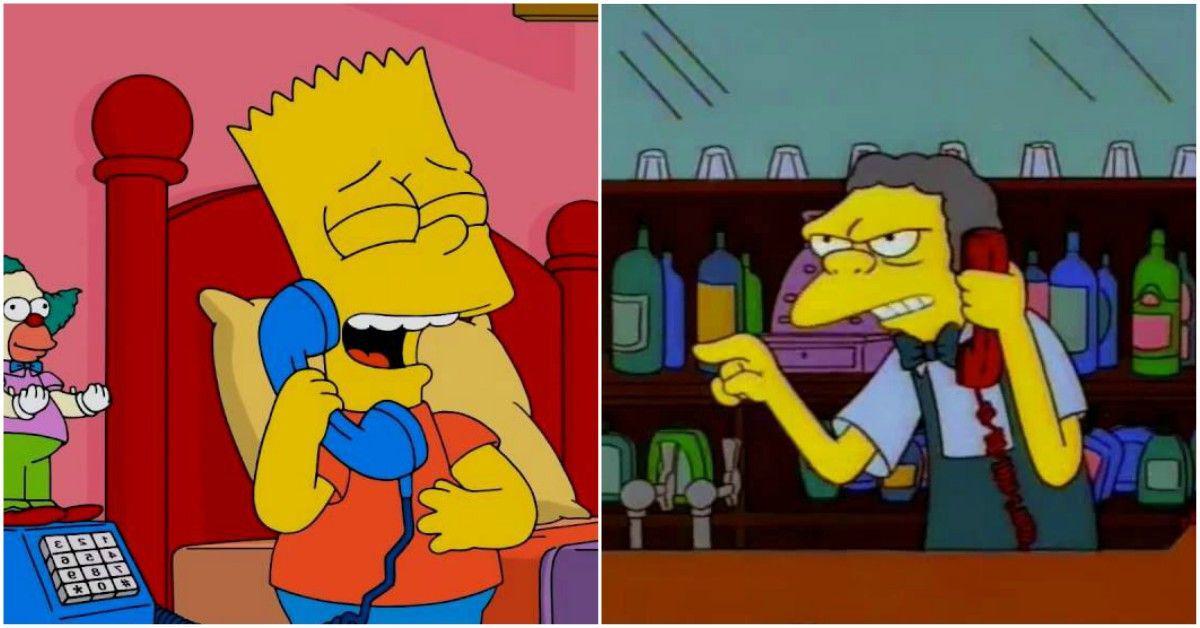
6. Be Prepared for Sweary Callers
There’s always a chance that lovely old Margaret who calls in every Tuesday might just be having the worst day of her life. Maybe she even stubs her toe on call. Thankfully, most stations are equipped with tech that lets them censor bad language live before anyone hears it broadcast.
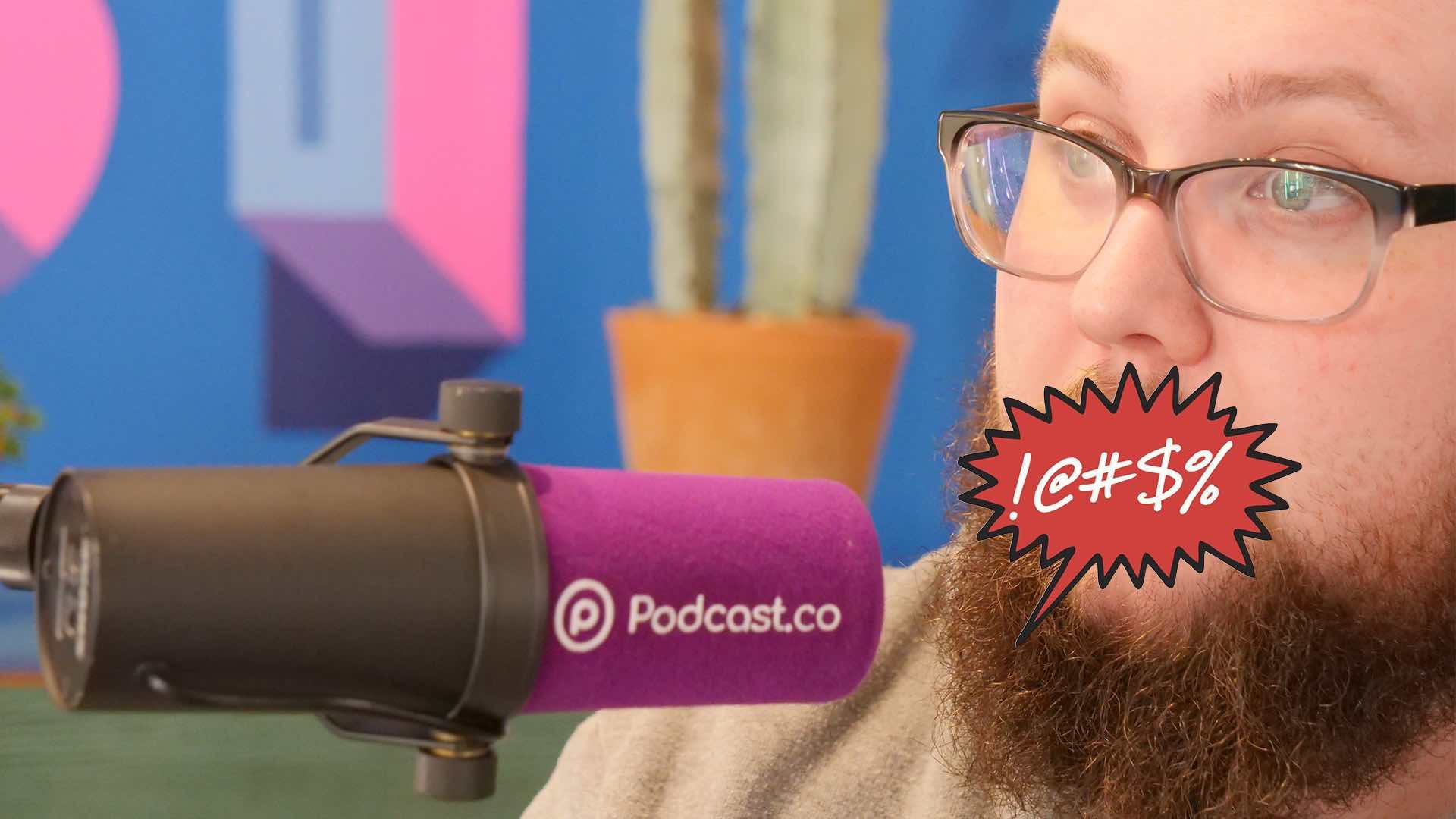
5. DJs Don’t Have Much Say Over Playlists
Mostly applies to larger broadcasters. Everything has to be planned out in advance to appeal to demographics and fit the station’s music policy. This doesn’t leave much room for what you'd prefer to play.
4. You WILL Get Stuck Up Interviews Guests
Every town has that one guy who won a local contest 20 years ago and can’t move on. They can be a hassle, but they draw listeners and give you a chance to really flex your presenting muscles.
3. Only Superstars Make Millions
This is an industry for those with a passion for radio, not for anyone looking for overnight success. Don't let that stop you from making money, though.
2. Celebrity Interviews Are Mostly Fake
Sometimes, a celeb’s personal team will include pre-recorded answers in a PR package for stations to use. That way, the DJ can record their own questions and everyone can have a unique interview for their station.
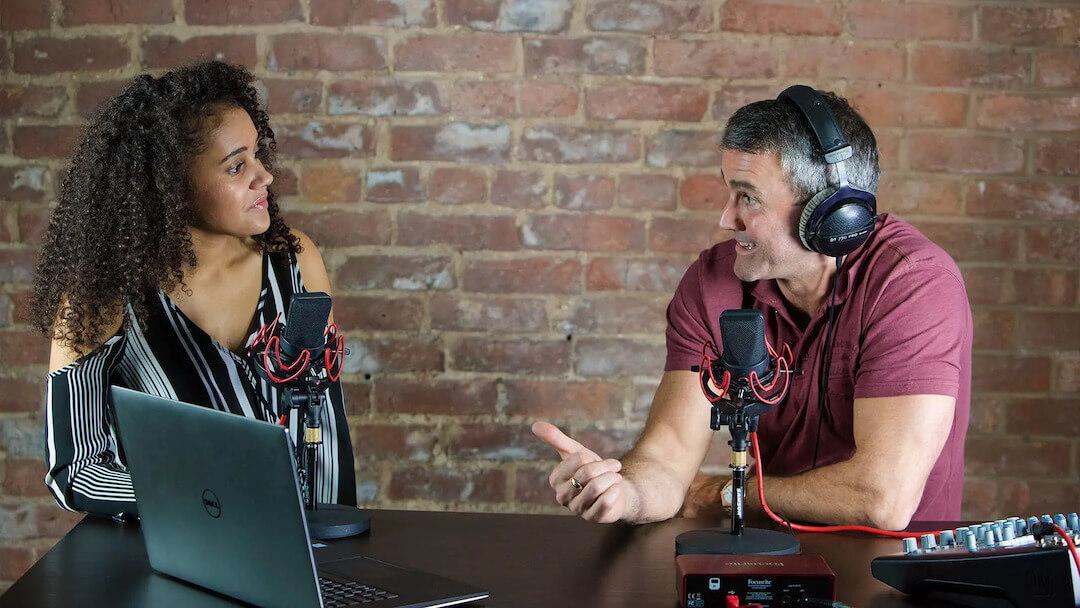
If you’ve ever wondered why celebrities give the exact same answers to different questions and stations, this is why. It can seem lazy, but it gives smaller stations a chance to get their hands on coveted celebrity interviews.
1. Presenters Can't Always Ask Good Questions
If you’re annoyed your favourite DJ didn’t ask a celeb the juicy questions, their manager probably briefed them on what can and can’t be asked before going live.
PR teams can and will pull clients from an interview mid-way through if they don’t like where the questions are going.
Putting Radio Secrets to Use
What goes on behind closed studio doors is fascinating, to say the least. But there are loads more radio secrets that weren't covered here. If you've been in the industry and know a thing or two, share some gossip in the comments below.
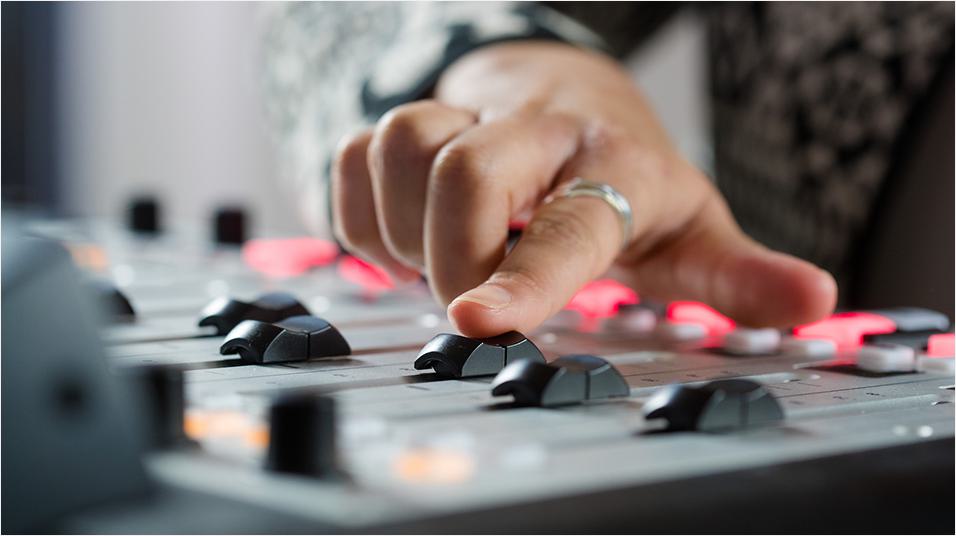
And if you're looking to forge your own path or get back into broadcasting, then start your own station. With a 7 day free trial, upload tracks, schedule DJs, and run shows the way you want.

